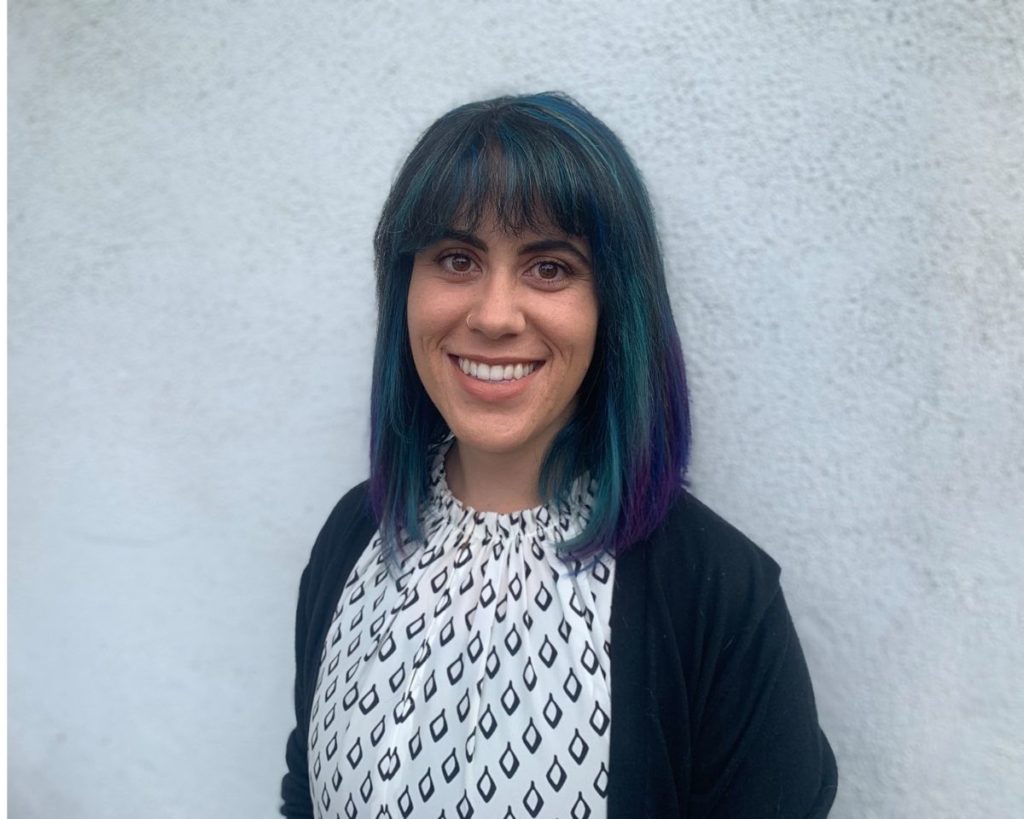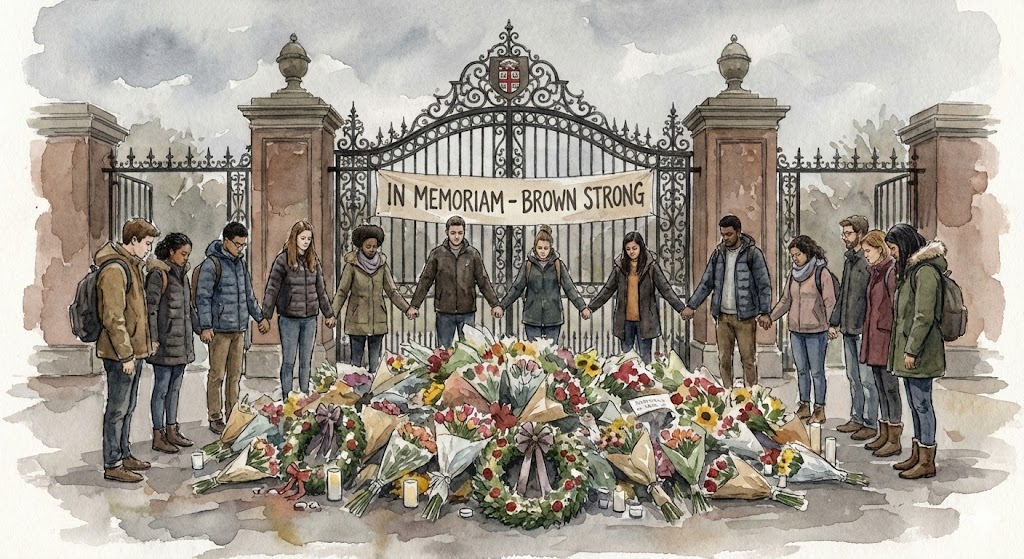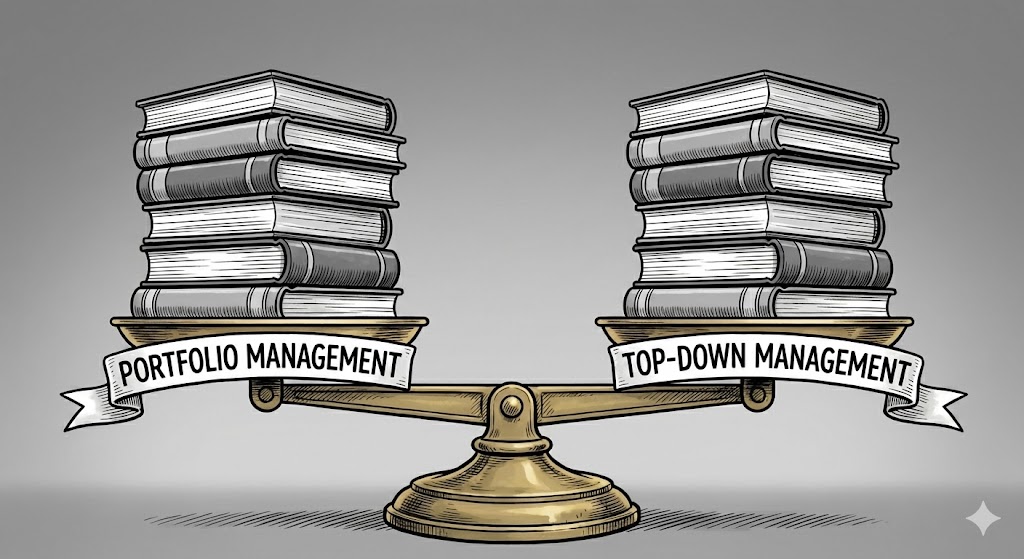As an educator, the issue that is most important to me is closing the access and opportunity gaps that exist in Denver Public Schools.
The 2020-21 school year and ongoing pandemic made it very clear that these gaps persist in our schools and have in fact widened. We cannot go back to pre-pandemic policies as they were under-serving our students of color, students with disabilities, emerging bilinguals, and families of low socioeconomic status.
In the upcoming school board election, it is important to elect candidates who are dedicated to educational equity for all Denver families.
The Denver Public Schools board must be ready to analyze district-wide data, then act on it when deciding on the spending of federal coronavirus relief funds and creating a new set of goals to drive the district’s work. They must be creative, responsive to community needs, and put our students first.
I believe that the board should create policies that hold schools accountable for grounding their work in equity and the success of all students on campus. A few areas that are essential in this work are the recruitment and retention of teachers of color, the implementation of anti-racist, culturally sustaining practices and curriculum, and creation of Black Excellence plans with measurable outcomes per the Black Excellence Resolution.
It is essential that the Denver Public School board spend its time and energy to prioritize its students over politics. While the current DPS board has been critical of charter schools, particularly the ‘unhealthy competition’ they create among schools, I would argue those sentiments are damaging to students and communities.
This hostility only furthers the very competition that the board claims charter schools perpetuate. One education model does not fit all students, and often preserves systemic inequalities that have existed in the U.S. education system since its founding. Parents should have the option of sending their student to a school that meets their needs and shares their vision of a quality education.
It is important to have a variety of school models, not to compete against one another, but to learn from each other. For example, if one school has particular success with closing gaps between multilingual learners and English-proficient students, other schools should study their programming and find ways to implement the successful strategies in their own schools. When one school has a win, we should all celebrate and learn from it.
Collaboration, innovation, and putting the needs and opinions of our communities first is equity. Educational equity means reviewing student data, identifying root causes for gaps, and creating policy to address inequities.
It means prioritizing students who are not achieving at the same rates as their peers. It means giving our students and parents the tools to find a program that is going to support their students best so they can be successful in their K-12 education, and beyond.
As a result, the anti-charter positions of several board members clash with the idea of equity. There are charter schools in our district that have positive outcomes for our students of color, multilingual learners, students with disabilities, and students experiencing poverty. Why should we restrict student access to these schools?
The DPS board website states: “We recognize we have more work to do to ensure that Equity guides all the work we do.” This work begins with this election and how the board will move forward as a result. Having taught in both charter and traditional high schools, I can attest that neither is better or worse for students. They are simply different models.
This is especially true as schools across the district analyze how various school cultural practices (dresscode, referrals and other school discipline systems) have perpetuated systemic racism and gaps between students. At both charter and traditional high schools one will find hard working, dedicated teachers who genuinely care for their students and want to see them all succeed. Or staff leaning into discomfort during professional development sessions that focus on identity and how it is reflected in the classroom.
Both types of schools aim to be guided by equity and the students and families they serve.
Thus, rather than pitting charters against traditional public schools or innovation schools, the DPS board must aim for collaboration. The goal of all Denver schools is the same: To provide a quality education for all students.
It’s time for the board, and school and district leaders of all models, to realize that we’re on the same team. There must be a shared responsibility for educating Denver’s children, regardless of whether the school is charter, or non-charter in order to close the opportunity gaps that exist in this district.




